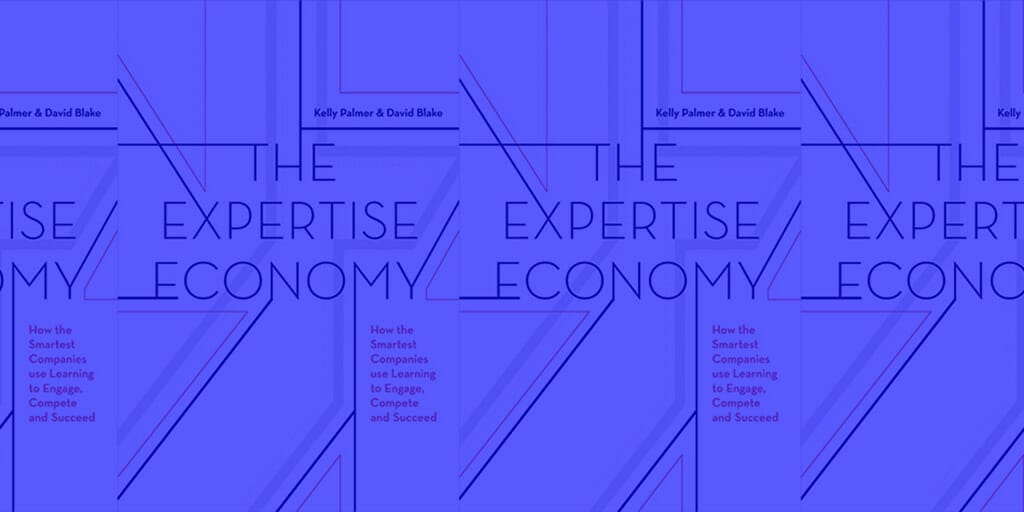A report by McKinsey indicates that 62 percent of executives believe they will need to either replace or retrain a quarter or more of their staff within the next five years. Though digitization and automation are often assumed to be good for firms’ bottom lines, in practice, many organizations face a shortage of employees with the skills needed to function in the new digital economy. To managers unsure of the talents that will be needed in the coming years, identifying the skills gaps – and closing them – is a daunting task.
David Blake and Kelly Palmer, experts on the future of work and learning, address these issues in a new book, “The Expertise Economy: How the Smartest Companies Use Learning to Engage, Compete, and Succeed” (Nicholas Brealey, September 2018). Essentially, the authors argue, companies and individuals alike need to reimagine learning as a lifelong process closely integrated with daily tasks, rather than as something merely transmitted by acquiring a degree. To adequately measure skills, Blake and Palmer developed a framework that aims to replace our outdated emphasis on degrees, test scores and the like with customized, trackable on-the-job learning.
“Success requires that organizations adopt a new mindset when it comes to skilling their talent, their most important asset,” Blake writes. These insights are not based on mere theory. Blake and Palmer performed extensive research and conducted interviews with leading executives at companies that have mastered a culture of continual learning, including Google, LinkedIn (where Palmer was Chief Learning Officer), Airbnb and MasterCard. They also use examples from NASA, and the contributions of leading education and innovation thought-leaders such as Sal Khan and Clayton Christensen.
“The Expertise Economy” and the tools, such as the Skills Quotient, which Blake and Palmer developed through the digital platform Degreed, also help employees struggling to differentiate themselves in a constantly-changing and highly-competitive job market.
Fundamentally, Blake and Palmer’s message for CEOs and other executives is that the old ways of evaluating and teaching skills have become outdated. Stop focusing on resumes and degrees, the authors say. Instead, work out which expert skills your company needs, who has them and how best to teach them to your existing workforce.
David Blake and Kelly Palmer are available for speaking engagements including keynote addresses, speeches, panels, conference talks, and advisory/consulting services.

